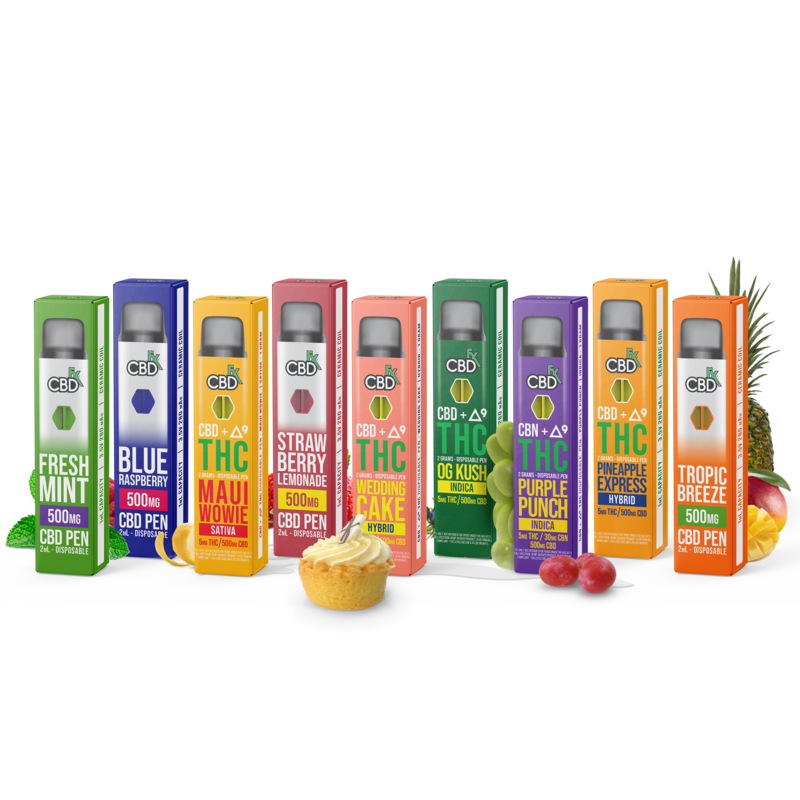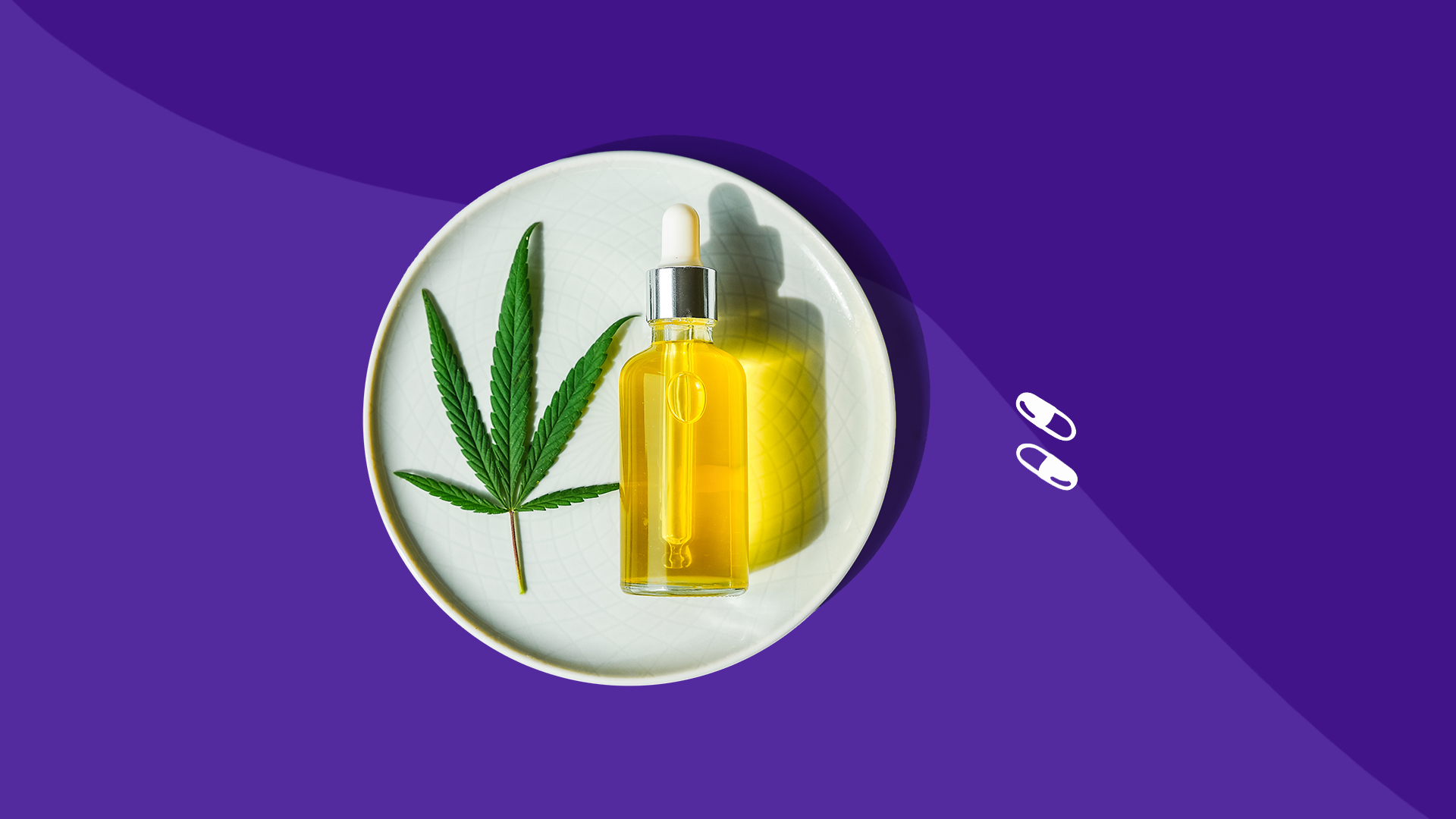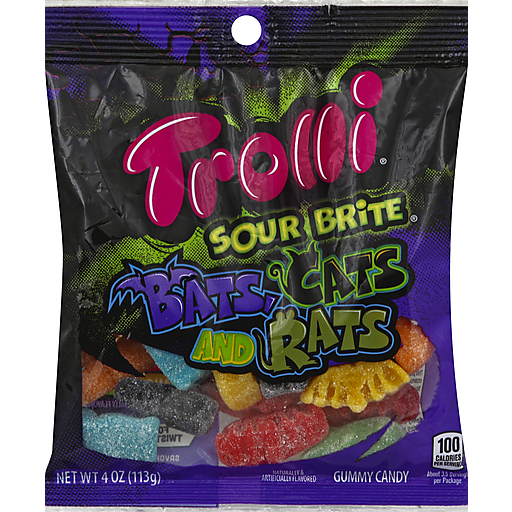
CBD oil is one the most popular and well-known forms of dietary supplements. However, before you take a vape cartridge, you need to know the legal status of CBD oil. This will tell you if CBD oil is legal in your area. You can purchase CBD oil derived from hemp or cannabis.
CBD derived from hemp
Hemp CBD is a natural and plant-based treatment for a variety health conditions. A hemp-derived product cannot be sold on the marketplace without FDA approval. Cannabis-derived products will be regulated by FDA as food additives.
The FDA has limited resources to enforce CBD laws. They have only issued warnings to violators. The FDA also suggested more aggressive enforcement through federal and State partners. In addition, local law enforcement has conducted raids of CBD and hemp shops this year. Enforcement actions are still feasible despite CBD and hemp being legal, but this is mostly due to misinterpretations by law enforcement and the general public. Before purchasing any CBD products from states, it is important to know the state laws.

Marijuana-derived cannabis CBD
Marijuana CBD can be legally used for medical purposes in all 50 US states. Its legality is an example of how state-based legalization is progressing despite federal prohibition of the drug. While the federal government prohibits doctors from prescribing medical cannabis, most states have laws permitting doctors to recommend and refer patients. Many states have some kind of patient registry that protects patients from being arrested if they're caught with marijuana.
Licensed physicians may dispense marijuana-derived CBD to qualified patients. Products must contain at most 5% CBD. In most states, a physician must have a valid FDA investigational drug permit before dispensing cannabis-derived CBD. Qualified patients can also access CBD in dispensaries outside of their state.
Hemp-derived CBD oils
It's still illegal to use Hemp CBD oil medicinally. Certain states have made it legal to sell hemp-derived CBD oils. These states are Idaho and Nebraska. Idaho currently considers hemp-derived CBD a controlled substance.
Hemp is an agricultural product and contains 0.3% THC. Hemp, however, is legal under federal law. Additionally, all 50 states legalize hemp-derived CBD oils. The federal government has granted researchers permission to study its effects. Most hemp-derived CBD oils contain only a small amount THC.

CBD oil
It is not always easy to find out if CBD oil has legal status in all states. Federal law permits individuals to consume as much CBD as they want per day. However, local laws restrict CBD products. These laws will be enforced in accordance with state and local laws.
Despite recent law enforcement actions CBD is still legal in many States, as long as it doesn't contain more than 0.3% THC. Virginia still prohibits the sale of CBD-infused products. The FDA can also prosecute companies who make false claims about their health or use interstate commerce to sell CBD products that are not approved.
FAQ
Is CBD a good investment?
As hemp-based products gain popularity, so does the market. The market for hemp-based products could reach $1 billion by 2022, according to estimates.
Market growth is expected at an annual rate in excess of 20% up to 2020, when it will reach $2.5Billion.
Hemp oil is already used in many beauty and health care products such as lotions, shampoos, lip balms, moisturizers, body butter, and skin creams.
There are many CBD-infused food items, such as snacks, dog treats and pet foods, that can be produced by companies.
CBD is currently legal in all 50 states, although this may change soon. Businesses will find it easier to legally operate legally as more research is done on CBD's potential uses.
With these factors in mind, it's clear that investing in CBD can be a lucrative venture.
Which are the best CBD uses?
CBD can also be used to treat anxiety. It can also be used for pain relief, epilepsy treatment, inflammation, depression and other conditions.
CBD can be taken in many forms. CBD can be consumed in many ways. You can eat CBD-rich foods, take CBD tinctures or vape CBD eliquids.
CBD can provide many benefits. It has been shown that CBD can help with anxiety, chronic pain, PTSD, and many other ailments.
Can I use CBD during pregnancy?
The research on CBD use in pregnancy is still lacking.
However, CBD does not appear to be a danger to the baby based upon the limited information.
Pregnant mothers should not consume CBD unless it is recommended by their doctor.
In fact, the Food and Drug Administration recently issued a warning about potential risks associated with taking CBD while pregnant.
FDA claims that "there are some evidences that cannabis consumption during pregnancy may increase the likelihood of miscarriage."
The agency said that more research is needed to reach a firm conclusion.
What conditions can CBD be used for?
Any treatment must have an impact on the patient's condition. If you're using cannabis oil for medicinal purposes, a doctor must approve. You cannot use cannabis products without a prescription from your doctor.
It doesn't matter if you're using cannabis oil for health reasons. However, you may want to talk to your doctor first just to make sure they agree that it would be safe for you to take it.
Cannabis oils can be made from whole plant extractions or isolated cannabinoids, such as THC and CBN. They contain many different types of cannabinoids, such as cannabidiol (CBD), tetrahydrocannabinol (THC), and cannabinol (CBN).
These components interact with the receptors in the body to produce pain relief, stress management, anti-inflammatory and antioxidant effects.
Which states use the most CBD?
California, Colorado and Oregon are the top three states. These states have high populations, high incomes, low unemployment, and large populations. They also have higher levels of hemp farming than other states.
California leads because its economy relies heavily on agriculture. It produces most of the nation's vegetables and fruits. Because cannabis comes from the same plant that hemp, this makes sense.
Oregon and Colorado are closely followed by Oregon, both of which produce marijuana for medical use. California does not allow for recreational use.
Other high-ranking states include Washington, New York and Florida.
Statistics
- As a substance that was federally illegal before the passage of the 2018 Farm Bill, hemp-derived cannabinoids with no more than 0.3% THC still face a regulatory grey area. (forbes.com)
- A recent study [161] also found that in vitro CBD treatment (i.e., ≤ 2 h exposure to 10 μM) induced ~40% vasorelaxation in isolated (pre-constricted) (ncbi.nlm.nih.gov)
- OralWhere HED is the human equivalent dose, and Km is a correction factor estimated by dividing the average body mass (BM) of the species (60, 0.020, and 0.150 kg for 11 humans, mice, and rats, respectively) and by its surface area (see: Nair et al. (ncbi.nlm.nih.gov)
- however, one study also found that these effects were virtually abolished when the original media (a nutrient broth agar) was replaced with one containing 5% blood (increasing the minimum concentration to ~160 μM CBD) [179]. (ncbi.nlm.nih.gov)
- A recent systematic review of human trials also reported that individuals with epilepsy receiving CBD (5–20 mg·kg−1·day−1) were more likely to experience decreased appetite than those receiving placebo (i.e., ~20 vs. 5% of patients) (ncbi.nlm.nih.gov)
External Links
How To
What are the major issues facing the CBD industry in general?
The market for CBD products continues to grow at an amazing rate. However, there are still many challenges facing businesses looking to enter this space. These include lack of consumer awareness and high costs of entry, limited capital access, and regulatory uncertainty.
Many consumers aren't aware of the benefits and limitations of CBD. This means that they cannot make informed decisions about whether or not to buy CBD products.
As a result, most CBD companies rely heavily on word-of-mouth marketing. This is costly because they have to pay for advertising and hire staff to promote their brand.
The high production costs are another issue that new entrants to the CBD industry face. High prices are a major problem for CBD products because of the high cost of raw materials. For example, hemp needs to be grown in specific climates and soil types before it can be processed into CBD oil.
Grow enough hemp to produce CBD oil requires approximately $1,000 per annum. Many small farmers are unable or unwilling to invest in this product.
Another challenge new entrants face in the CBD market is the lack of access to capital. Due to the stigma surrounding the industry, banks discourage many people who wish to start businesses.
Final, there are regulatory uncertainties surrounding the sale CBD products. There are currently no guidelines on how CBD products should marketed.
Although states have passed laws restricting CBD products sales, these policies are not yet national.
Only Nevada and Maine have already legalized recreational cannabis.
Massachusetts and Michigan, however, are exploring similar options.
These changes could cause increased competition among CBD manufacturers.
As a result of these factors, many entrepreneurs choose to work from home rather than start a physical business.